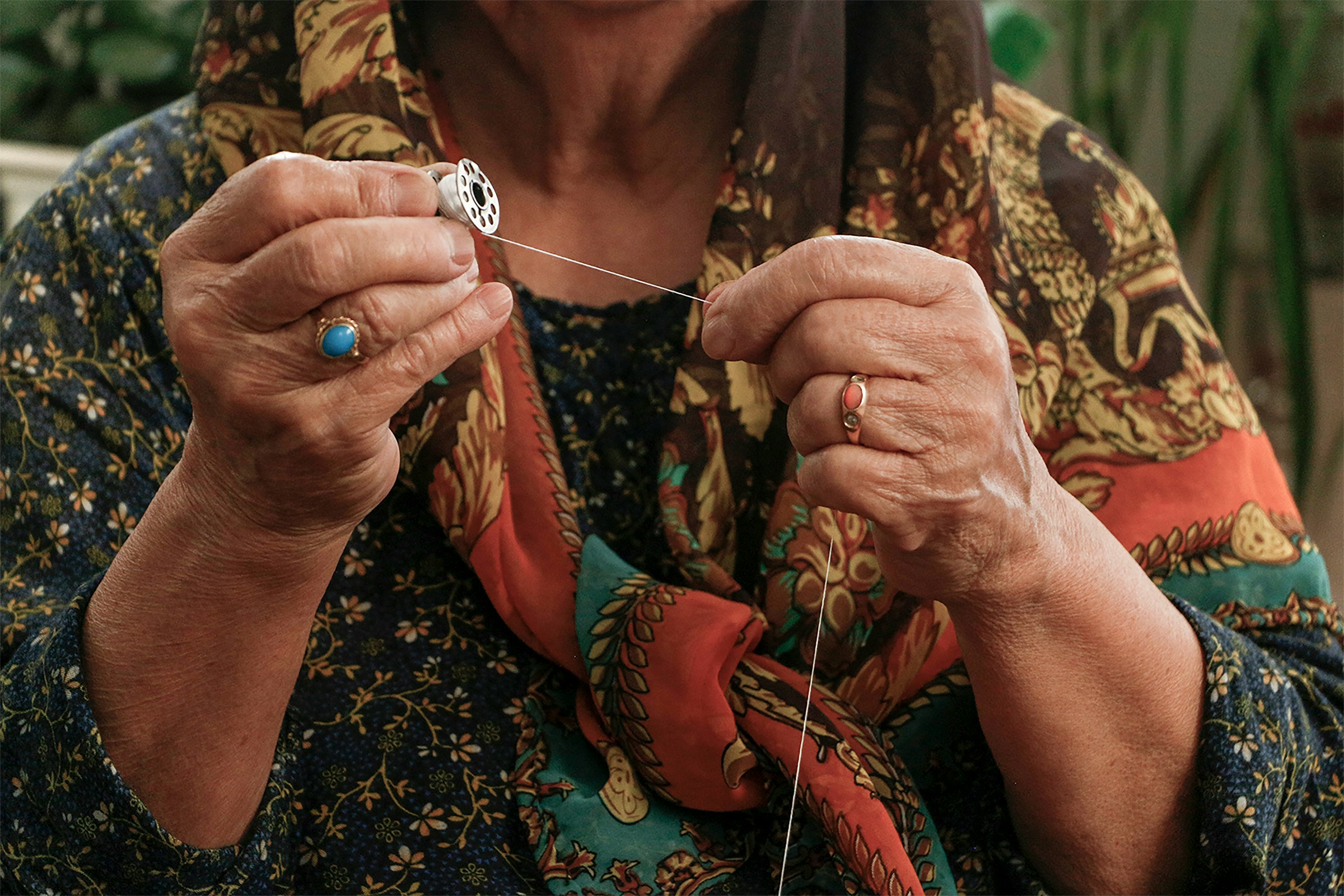Articles
29 May 2025
The Rana Plaza Collapse: 12 years later
Articles
29 May 2025
Social dimension
Sustainable competitiveness
Textile
+2 more
Login / create an account to be able to react
-
51

The 12th anniversary of the Rana Plaza collapse was marked with calls for justice, highlighting ongoing issues in the garment industry. Despite reforms, civil society initiatives, and safety accords, workers still face unsafe conditions, low wages, and limited representation, with many survivors yet to receive adequate support.
Clean Clothes Campagin
Topics
Albania
Armenia
Austria
Belgium
Bosnia and Herzegovina
Bulgaria
Croatia
Cyprus
Czechia
Denmark
Estonia
EU-27
Finland
France
Georgia
Germany
Greece
Hungary
Iceland
Ireland
Italy
Kosovo
Latvia
Liechtenstein
Lithuania
Luxembourg
Malta
Moldova
Montenegro
Netherlands
North Macedonia
Norway
Poland
Portugal
Romania
Serbia
Slovakia
Slovenia
Spain
Sweden
Switzerland
Türkiye
Ukraine
Company with 250 or more employees
Consumer Organisations
International Organisations
Local Authorities
National authorities
NGOs / Non-profits
Regional Authorities
Social Economy Entity
Trade Unions
-
Transition Pathway's building blocks
-
-
Social dimension
-
Sustainable competitiveness
-
-
Industrial ecosystems
-
-
Textile
-
-
Textiles ecosystem areas
-
-
Fibres, yarns and fabrics
-
Apparel and clothing accessories
-
Share
The 12th anniversary of the Rana Plaza collapse was marked this April 24th 2025 with vigils, floral tributes, and renewed demands for justice at the tragedy site in Bangladesh. The disaster, which occurred in 2013, remains the deadliest industrial accident in the global garment sector, killing over 1100 workers and injuring over 2,500. Families of the victims, survivors, activists and labour leaders continue to demand accountability, suitable compensation, and long-term support for those affected, as well as the prosecution of all responsible parties, including the building owner.
The Rana Plaza collapse exposed the unsafe working conditions and lack of workers’ rights in Bangladesh’s garment industry, which supplies many major global fashion brands. Despite visible cracks in the building the day before the disaster, workers were pressured to enter under threat of losing their wages - a fact that labour unions and campaigners have repeatedly highlighted as evidence of systemic negligence and exploitation. The tragedy catalysed international outrage and put a spotlight on the urgent need for reforms in occupational health, safety, and workers’ rights.
The Fashion Revolution movement was born as a direct response to the disaster, launching Fashion Revolution Week as an annual global campaign, involving consumers in demanding that companies increase transparency by tagging clothing brands on social media with the hashtag #whomademyclothes. The initiative is not limited to national boundaries: NGOs, activists, consumers, and trade unions have in fact used this week to demand transparency, safe working conditions, and fair treatment for garment workers worldwide.
The Rana Plaza collapse has led to the Accord on Fire and Building Safety in Bangladesh, signed in the aftermath by global unions and brands. The accord established independent inspections and remediation programs to improve factory safety, but progress remains slow, and many survivors and families still report inadequate compensation and support.
The tragedy also raises questions when it comes to how workers interact with grievance mechanisms, which have been criticised for the lack of adequate cultural mediation and accessibility. In fact, many grievance mechanisms are solely in English - a language that is not spoken by the majority of garment workers - and digitalised – exacerbating fear of retaliation.
The legacy of Rana Plaza is deeply connected to ongoing instability in Bangladesh’s garment sector and the broader struggle for workers’ rights. Despite some improvements, activists and unions argue that the root causes - low wages, lack of union representation, and unsafe conditions - persist, leaving workers vulnerable to exploitation and future disasters. The anniversary is not only a day of mourning, but also an occasion for advocacy, as labour organisations and activists continue to push for lasting reforms and justice.
Comments (0)
See also
-
4
Welcome to the Digital Business Community Workspace!
- Categories
- Investments and funding R&I, techniques and technological solutions Skills +26 more
-
91
The power of pledges: driving sustainable transformation in the EU Textiles Ecosystem
- Categories
- Infrastructure Investments and funding R&I, techniques and technological solutions +16 more
-
75
Takeaways from the event ‘Early Peek into the EU Textiles Ecosystem Platform’
- Categories
- Infrastructure Investments and funding R&I, techniques and technological solutions +28 more




